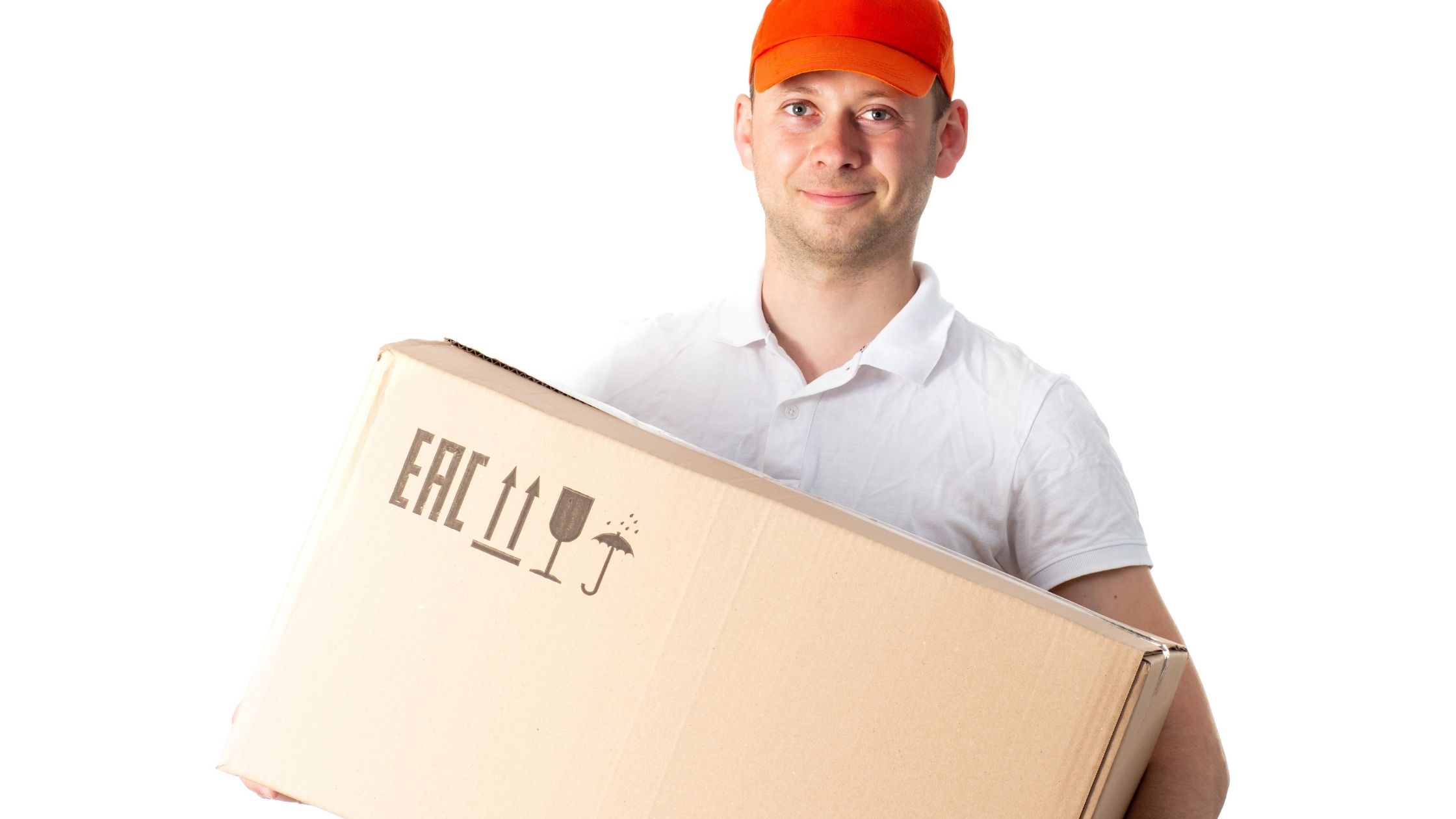Summer evokes thoughts of sun, the outdoors, and family fun. With so much to do in the warm weather, the thought of hurricanes isn’t always top of mind. But, each year, June 1st marks the start of the Atlantic hurricane season which affects coastal areas along the Atlantic coast and throughout the Gulf of Mexico. As tropical storms and hurricanes begin to hit, damage can extend hundreds of miles inland, making the summer season through the autumn months a concerning time for property owners.
The National Oceanic and Atmospheric Administration (NOAA) provides annual predictions for the season—near-normal, below normal, and above normal—and while these predictors can give a broad view of what to expect, it takes a singular storm in your area to produce extensive damage and create dangerous conditions. Storm damage is a threat that doesn’t diminish in areas within hurricane territory. Property owners—both residential and commercial—must be aware of what to do before, during, and after a hurricane or violent storm hits.
What to Prepare Before a Hurricane
With any big storm comes a risk of flooding, and identifying the areas around your property at risk for flooding during heavy rains and storm surges is a number-one priority. Flood insurance is often a solid investment for properties in zones prone to flooding. Evacuation routes are just as important, especially for those located near coastal areas. When officials mandate an evacuation, the window to act is limited, and having a plan is important.
Plan an emergency kit that holds medicines, food, supplies, and essentials that will help you maintain a livable space should power go out for an extended period or evacuation be necessary. Maintaining the shrubs, trees and structures on your property will help with wind resistance as will securing any loose or light outdoor items such as furniture, garbage cans, or lawn ornaments or bringing them indoors.
Lastly, your insurance specifics should be at the ready so you can easily access and communicate your claim needs should property damage occur.
“Hurricanes aren’t going away,” says a representative for BluSky Restoration Contractors. “As part of this effort to ready yourself, you’ll want to have a clear idea of the reputable restoration companies in your area and ensure your insurance works with them. The right restoration company will have identification and licenses and will not hesitate to provide references.”
Being prepared gives you a quicker response time when action is required.
How to Manage During a Hurricane
The NOAA weather radio is a smart way to access information about storms as they make their way into your area. By providing real-time accounts and important information on evacuation measures, accessing accurate storm news can save you and your property when catastrophic storms strike.
In some instances, you may be instructed to turn off propane tanks, utilities, and other power sources to maintain safety during the storm. In instances where evacuation is ordered, it is important to comply and follow your evacuation plan for an efficient, effective exit from the area. Your windows should be secured as should any lawn items, but it’s most important that you maintain shelter as the storm rages.
When you are not evacuating, maintain a safe distance from windows and doors, keeping to closets or an interior room during the storm. Stay at the lowest level possible to avoid injury at the hands of high winds on higher levels. If you are in a commercial space, stay out of elevators which will not operate should the power be cut.
How to Respond After a Hurricane
Once the storm has passed, the danger to your person and property has not necessarily passed. Your NOAA radio or local television will continue to provide instructions and updates regarding any travel restrictions or dangerous areas as reports come in on storm damage. Once you’ve been given the all-clear, inspect your property carefully and thoroughly to assess any obvious damage. Be aware of loose power lines and other hazards caused by storm damage. When driving, be aware of washed-out bridges, flooded roads, and fallen trees. Report any hazards to help local authorities alert the public.
Any damage should be photographed to include in any insurance claims, and it’s important to begin the process of submitting any claims by getting in touch with your insurance company as soon as possible. If you have taken steps to prepare, you’ll have a clear action plan at the ready for contacting your reputable disaster restoration company and insurance provider.
As you navigate the hurricane season, be as prepared as possible in the face of volatile and unpredictable weather. Large catastrophic weather events mean hundreds, even thousands, of people may be affected, and the better you’re prepared and ready to respond, the faster your property damage will be resolved. Don’t find yourself at the bottom of the pack. Practice hurricane preparedness and smart response strategies.




